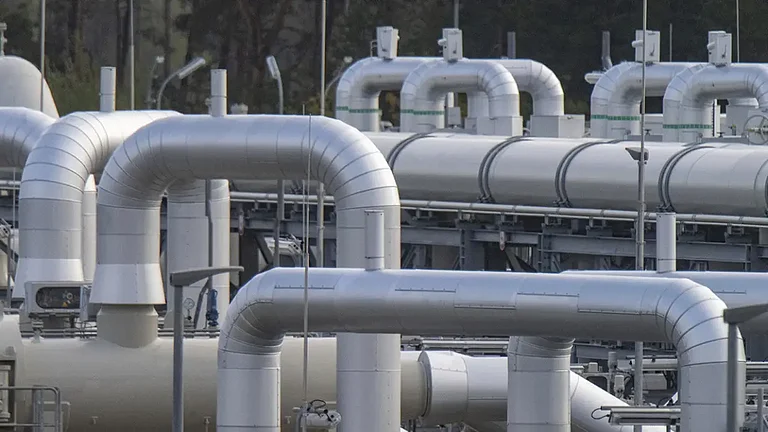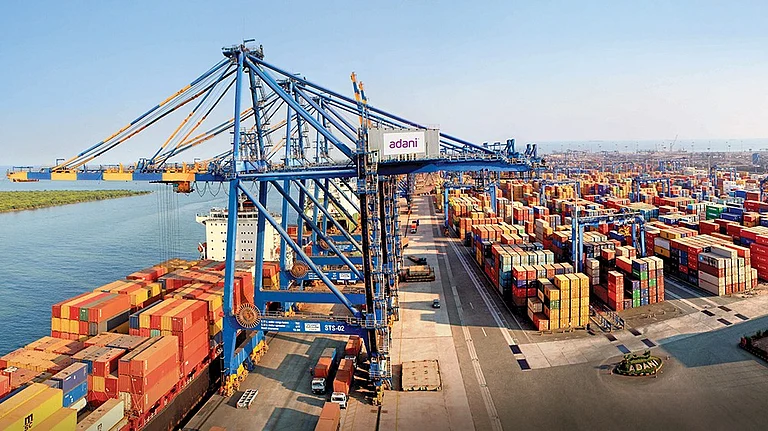The port restriction on the import of certain goods from Bangladesh to India has been notified in the Gazette of India, news agency ANI reported. The official gazette notification was issued on Monday and published today.
India has imposed restrictions on the entry of Bangladeshi ready-made garments (RMG) and other products through its northeastern land ports-Assam, Meghalaya, Tripura, Mizoram-and Fulbari and Changrabandha in West Bengal. This came after Bangladesh's interim chief advisor Muhammad Yunus had described India's northeastern states as a "landlocked region with no access to the ocean" during a speech in China recently.
New Delhi has viewed this comment as an attempt to undermine the region's connectivity and status and slapped new sanctions on May 17. Now the decision has forced Bangladesh to reroute exports through Kolkata port in West Bengal or Nhava Sheva port in Maharashtra. The move has shot logistics costs up sharply.
Since nearly all of Bangladesh’s exports to India—around 93%—used to pass through land routes, the new restrictions could hit its garment industry particularly hard. This sector alone sends clothes worth close to $740mn to India every year. The new rules are likely to make things tougher for Bangladeshi exporters, increasing their shipping costs and limiting how easily they can reach the Indian market. At the same time, the changes could open up fresh opportunities for Indian garment makers. According to a report by the Global Trade Research Initiative, the restrictions will affect about $770mn worth of goods—roughly 42% of everything India imports from Bangladesh.
The May 17 directive makes clear that imports of essential items like fish, LPG, edible oil, and crushed stone remain unaffected. Goods transiting through India from Bangladesh to Nepal and Bhutan are also exempt.
Citing sources, the news agency stated that the Indian government's move to impose land port restrictions on certain Bangladeshi exports to the northeastern states is aimed at restoring "equality in the relationship." The sources further said that while India had hitherto allowed all exports from Bangladesh without restrictions, the transit and market access to India's northeast region had been restricted by Bangladesh and the relationship will now be on reciprocal terms.
However, Yunus recently asserted that Dhaka wants to resolve all trade problems with New Delhi after the new restrictions.

































